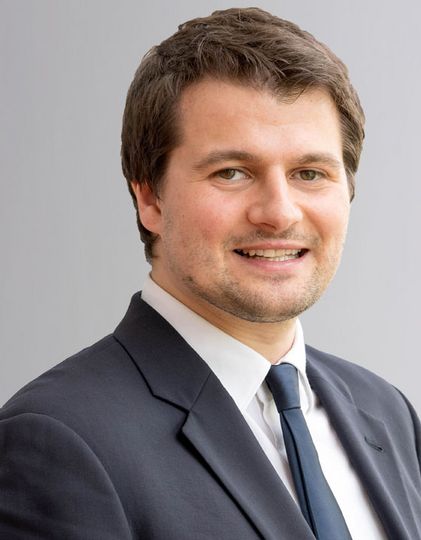We are proud to announce that Hans Fischer Fellow Dr. Luca Magri (University of Cambridge) has been awarded the prestigious ERC Starting Grant for his project PhyCo. In this project, he will combine machine learning methods with the art of constructing physical models, which has the potential to revolutionize the engineering design of multi-physics systems (more information below).
Congratulations!
Summary: Physics-aware machine learning
The ability of fluid mechanics modelling to predict the evolution of a flow is enabled both by physical principles and empirical approaches. On the one hand, physical principles, for example conservation laws, are extrapolative (until the assumptions upon which they hinge break down): they provide predictions on phenomena that have not been observed. Human beings are excellent at extrapolating knowledge because we are excellent at finding physical principles. On the other hand, empirical modelling provides correlation functions within data. Artificial intelligence and machine learning are excellent at empirical modelling. This research will combine physical principles and empirical modelling into a unified approach: physics-constrained data-driven methods for multi-physics optimization. The machine-learned solutions will not violate physical constraints. The computational framework will be applied to (i) reconstruct high-resolution flow images from low-resolution data; (ii) minimize aeroengine emissions with hydrogen-based reacting flows; and (iii) maximize zero-emission energy harvesting from fluid-structure oscillations. The next generation of computational fluid dynamicists will have expertise in machine learning in addition to conservation laws and numerical methods. Machine learning will not replace decades of research in physics-based approaches, but it will bring in a vast repository of methods to improve and accelerate current modelling and optimization paradigms. This research will be at the forefront of this step change.
Press release by the University of Cambridge
